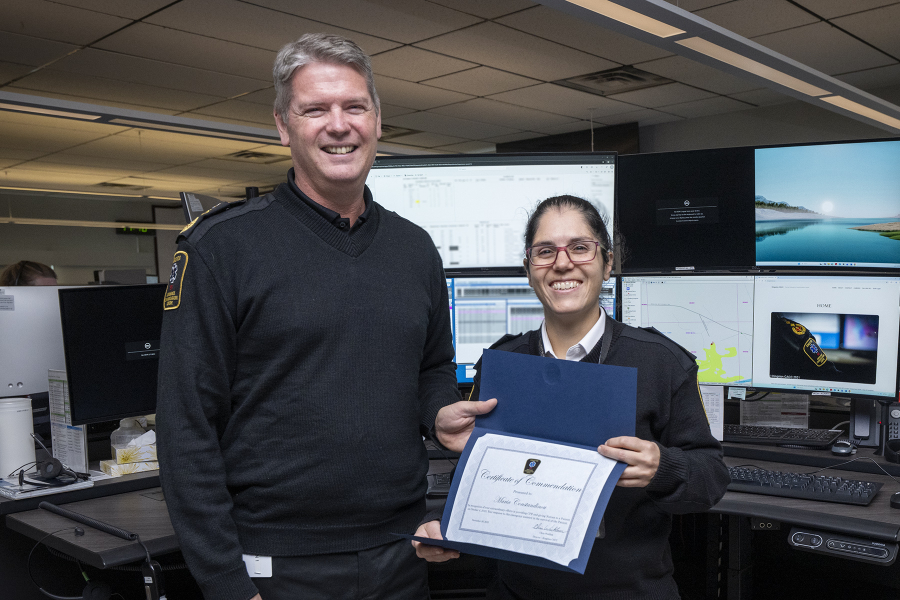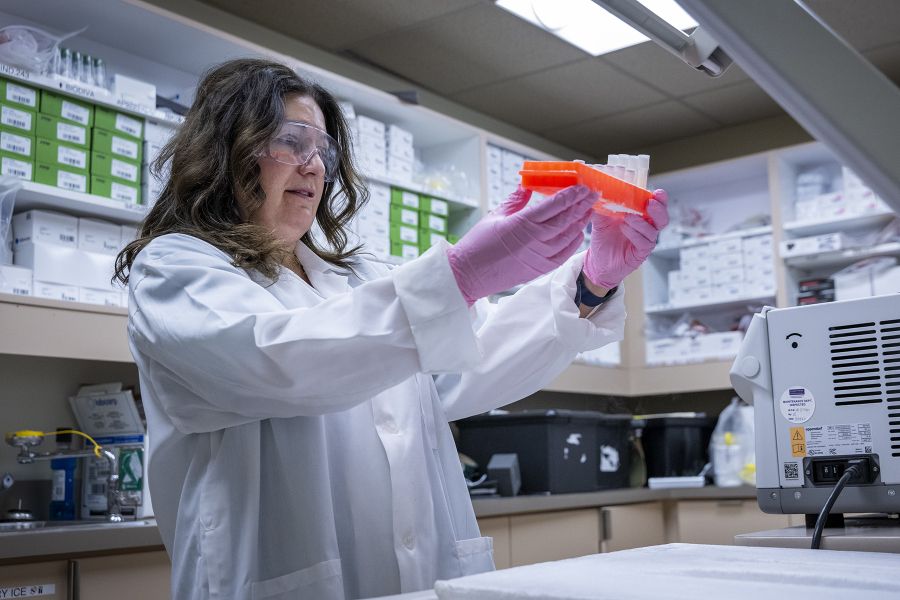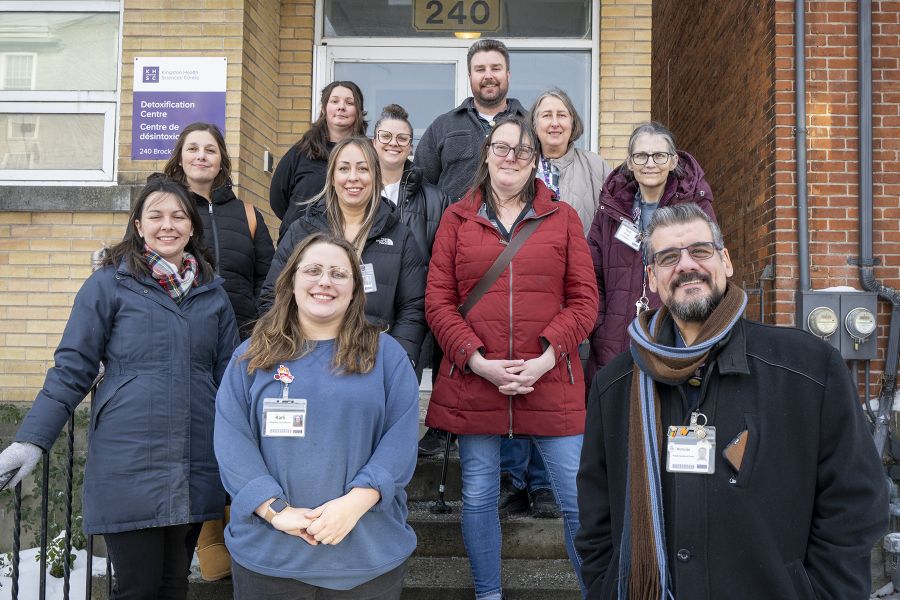Effective immediately masking is required for everyone when present on all inpatient units, in the Emergency Department (ED), the Urgent Care Centre (UCC), and the Children’s Outpatient Centre (COPC).

A Magnetic Resonance Imaging machine is one of the most technologically advanced pieces of equipment in the hospital. It supports the care of all types of patients, ranging from complex cancer, cardiac and pediatric patients, to the hockey player who hurt a knee during a game of shinny.
Unfortunately, because there is such a demand for MRI scans at KGH, it also means there can be a long wait to receive an exam. At any one time in our region, 850 to 1,000 people are waiting to be booked for a hospital MRI and a new fundraising campaign is looking to fix that. The University Hospitals Kingston Foundation (UHKF) has launched a major new campaign to raise $6 million to purchase a second MRI machine for the hospital.
"KGH is currently the only academic hospital in Ontario with only one MRI machine and we know there is a need for a second," says Karen Pearson, Director of Imaging Services. "Right now it is difficult to meet demands in our region and demand will only continue to grow in the future as our population ages and develops more complex health issues."
Currently, KGH focuses its MRI service on complex acute care patients. Less acute patients can access the private MRI clinic in Kingston. KGH in fact, completes other specialty scans that other centers in the region with MRI machines cannot.
Adding to the large load of patients are new standards of care that also call for more MRI scans to be completed to support better diagnoses, treatment planning and post-treatment assessment.
For example, the standards may call for a certain patient to receive five scans during their care journey, but KGH may only have the resources available to complete three.
"We prioritize our patients as best as we can, but having two machines would allow us to cut wait times by as much as 50 per cent," says Pearson. "It would also reduce cancellations for less acute patients when a more serious patient needs an MRI completed in a hurry."
Currently, the MRI at KGH runs at full capacity seven days a week from 7 a.m. until midnight on weekdays and 8 a.m. to 8 p.m. on weekends. It still isn't enough to meet the need in our area.
"We are very excited that this campaign is now underway. With a second machine, aside from reducing wait times, we will be able to provide care teams with better information, more often, to improve the care that patients receive," says Pearson.
For more information about the campaign, visit the UHKF website at www.uhkf.ca
Gallery


KGH’s only MRI machine is housed on Kidd 1 where it runs at full capacity trying to keep up with high demand. A second hospital MRI would help cut wait times and improve the quality of care.



